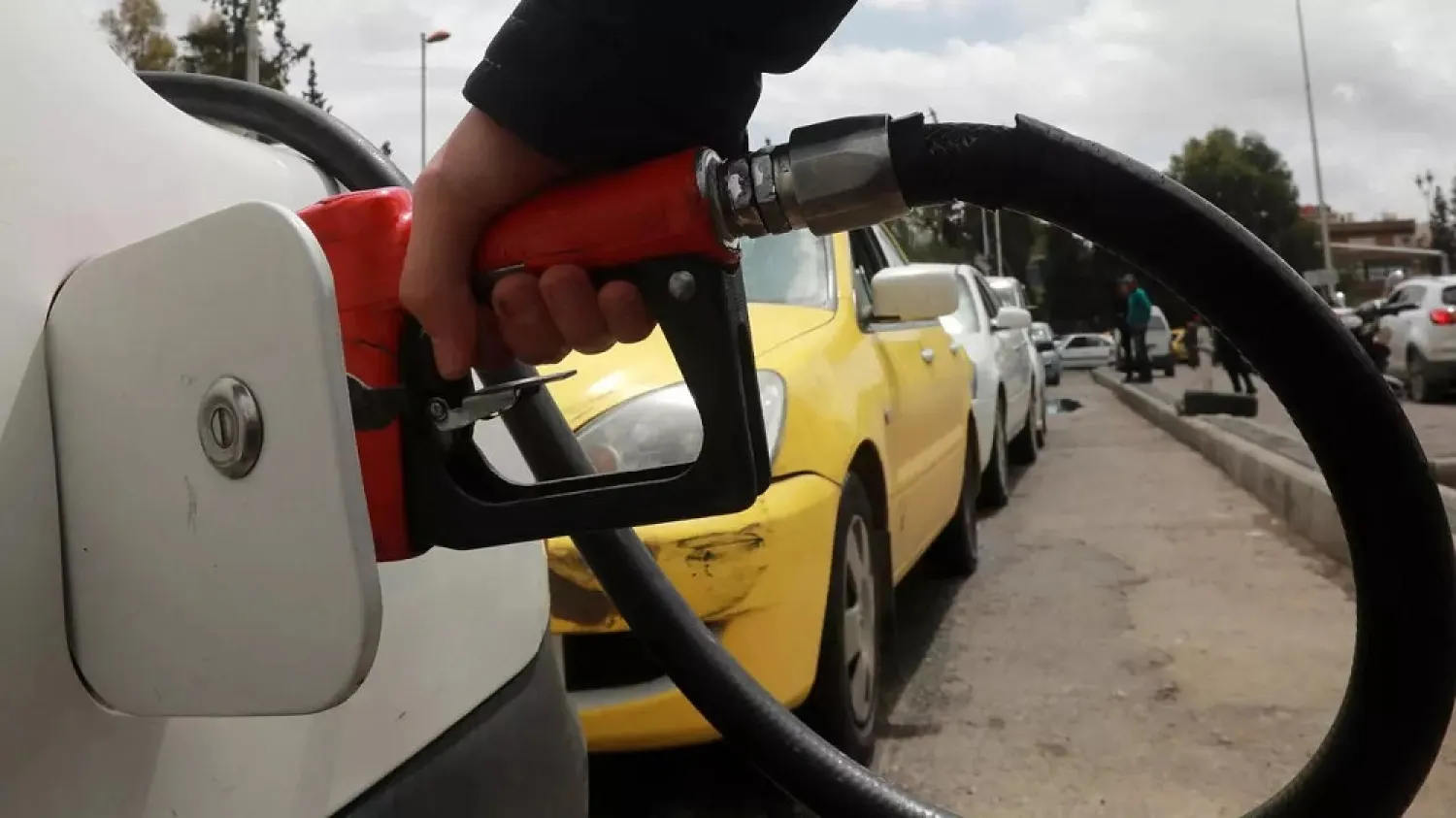Damascus has raised petrol prices in government-held parts of Syria by more than 50 per cent after the Syrian pound hit record lows in the black market.
The cost per liter of subsidized petrol rose from 475 to 750 Syrian pounds (officially 60 US cents, or 17 US cents at black market rates), the trade ministry said late Monday.
Syrian motorists are allocated 75 liters of subsidized petrol per vehicle per month, then must pay unsubsidized rates -- which also rose from 1,300 to 2,000 pounds a liter, the ministry said.
Gas canisters used in homes are now selling for 3,850 pounds, up from 2,700, it added.
Damascus has repeatedly raised fuel prices in recent years to tackle an accelerating economic crisis sparked by a decade-long war and compounded by sanctions, the coronavirus pandemic and a financial meltdown in neighboring Lebanon.
The trade ministry did not provide a reason for the latest hike, but in the past it has blamed Western sanctions.
The oil ministry last week said it had been forced to cut fuel supplies due to "a delay in the arrival of imported fuel derivatives because of the US blockade".
Washington has imposed several rounds of economic sanctions on the Syrian government since the war broke out in 2011.
The trade ministry's latest announcement came as the Syrian pound continued to plunge against the dollar on the black market after it hit a record low of 4,000 to the dollar this month.
The pound, officially valued at 1,256 to the greenback, was selling for around 4,200 on the black market on Tuesday, money exchangers told AFP.
The economic crunch has seen food prices skyrocket over the past year in a country where the majority of the population lives below the poverty line.
Rani, a 37-year-old food wholesaler, said the hike in fuel prices would hit other goods.
"We are going to have to raise the price of our products to make up for steeper fuel prices," he told AFP.
Heating fuel, petrol and cooking gas have been in short supply in government-held areas for years, and motorists have grown used to long queues to fill up.
Syria used to produce almost 400,000 barrels of crude per day before the war.
But ten years of conflict have ravaged production and seen US-backed Kurdish-led forces seize control of the country's largest oil fields.
The oil sector's losses are estimated at $91.5 billion.









